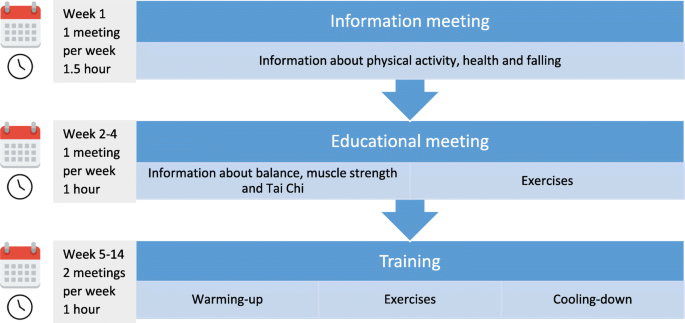All About Dementia Fall Risk
All About Dementia Fall Risk
Blog Article
Dementia Fall Risk - Truths
Table of ContentsAn Unbiased View of Dementia Fall Risk7 Easy Facts About Dementia Fall Risk ExplainedThe 7-Minute Rule for Dementia Fall RiskDementia Fall Risk Fundamentals ExplainedAbout Dementia Fall Risk
Based on signs and symptoms, such as proof of head injury or a brand-new focal neurologic shortage, computed tomography or MRI of the brain might be suggested. An analysis for root causes of syncope ought to be carried out only if there is solid suspicion, as in the instance of recurring, unexplained falls
Doctor utilize an autumn threat analysis to determine your risk aspects for falling and make handy recommendations. Some individuals attempt to decrease their autumn threat by limiting their activity or making every effort to be more cautious. Yet these well-intentioned actions aren't enough. A fall danger analysis is very important since recognizing which factors increase your possibilities of dropping aids you: Minimize your risk of falling or harming on your own.
All adults 65 years and older should have a preliminary fall danger testing. Have fallen in the previous year. Worry concerning falling.
Get This Report about Dementia Fall Risk

, and objectives especially tailored to people who are at risk for drops. A is defined as an occasion that results in an individual coming to relax inadvertently on the ground or floor or other lower level (THAT, 2021).
According to the Centers for Illness Control and Avoidance (CDC),, causing over 34,000 fatalities for that age team. Dropping is the second leading reason of death from unintended injuries internationally. Fatality from drops is a severe and native problem among older individuals. It is approximated that autumn death prices in the united state

Yearly, over 800,000 people are hospitalized as a result of drops. Nurses play a major role in avoiding falls for their people with education and learning, reviewing loss risk, creating more secure environments, and giving interventions in stopping injuries from falls. Several threat aspects and conditions add to drops, consisting of the following:. Aged 65 years and older; reduced limb prosthesis; usage of assistive gadgets such as pedestrian, crane, and wheelchair; living alone.
Client will demonstrate discerning avoidance steps. Person and caregivers will implement approaches to boost security and protect against drops in the home. Loss result from a number of factors, and an all natural method to the specific and setting is very important. Suppose a person is thought about at high danger for falls after the screening.
Our Dementia Fall Risk Statements
A calls for making use of a confirmed device that scientists have actually checked out to be helpful in naming the reasons of drops in an individual. As a person's health and situations change, reassessment is required. The level of loss danger can be figured out utilizing the evaluation of intrinsic and extrinsic variables. Criterion evaluation tools can also be made use of (reviewed listed below).
People are more most likely to drop once again if they have actually sustained one or even more drops in the past 6 months. The older population is at boosted threat of fall-related readmissions based on a study recognizing the aspects predictive of repeat drops associated end results (Prabhakaran et al., 2020).
Furthermore, complication and impaired judgment boost the patient's possibility of dropping. The ability of people to shield themselves from falls is impacted by such aspects as age and development. Older people with weak muscle mass are more probable to fall than those that keep muscle toughness, flexibility, and endurance. These modifications consist of reduced visual function, impaired shade assumption, adjustment in center of mass, unsteady gait, reduced muscle explanation mass toughness, lowered endurance, altered depth perception, and delayed reaction and reaction times.
The 10-Minute Rule for Dementia Fall Risk
Less contrast level of sensitivity was fairly connected with both boosted prices of drops and other injuries, while decreased aesthetic skill was only associated with raised autumn rate (Timber et al., 2011). Sensory understanding of environmental stimuli is extremely important to security. Vision and hearing disability restriction the individual's ability to regard threats in the surroundings.
Older grownups who have inadequate balance or difficulty click here now strolling are More hints most likely to drop. These problems may be connected with lack of workout or a neurological cause, joint inflammation, or various other medical problems and treatments. A vital danger factor highlighted in a research study is that adults with rheumatoid joint inflammation are at high danger of drops, including puffy and tender lower extremity joints, tiredness, and use psychotropic medicines (Stanmore et al., 2013).
Report this page